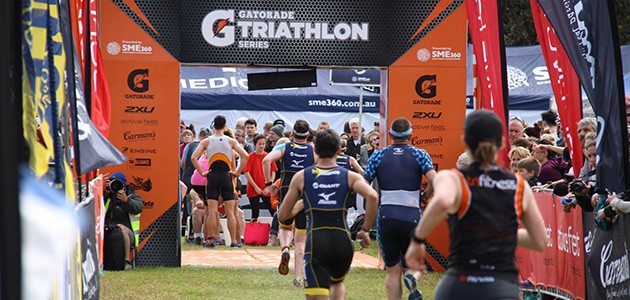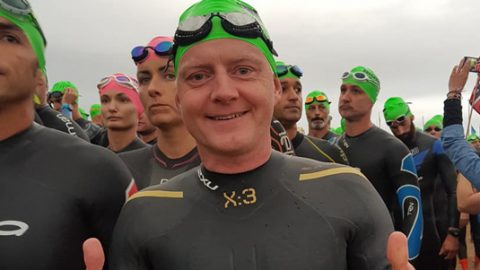Smart Goals & Smart Racing
“A goal without a plan is just a wish”
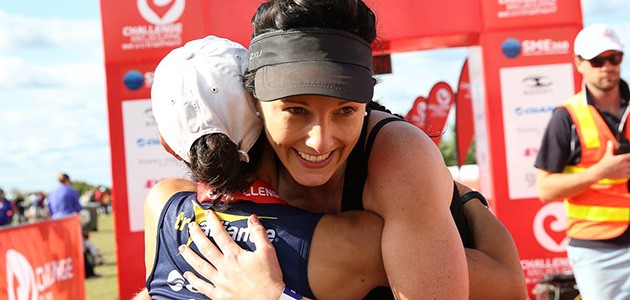
The first tip for racing smart, is to set smart goals. Or more specifically, using smart criteria to determine if you hit your goals. 99.9% of the time, you have the same goal at every race – Race as well as you are physically capable of. But often, people feel like they missed this because it wasn’t a PB, or you got beaten, etc. Triathlon is full of variables and having hard and fast goals is always a recipe for disappointment. You can be affected by weather, course conditions or simply beaten by a better athlete on the day. We recommend a combination of criteria in evaluating your performance:
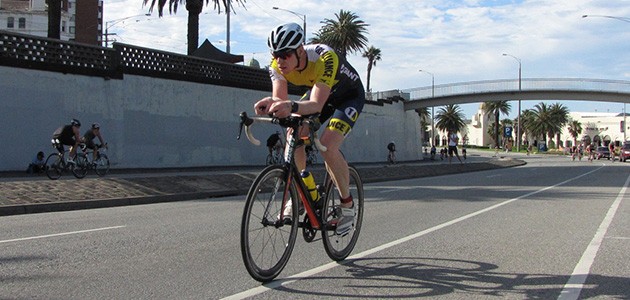
1. Your time – simple, basic, but not always relevant – different courses, weather conditions can all effect this.
2. Your position in your field – were you higher than previous, beat people you’ve previously lost to etc.
3. Your own gut – this is the most telling, because it’s the absolute truth. Only you know whether you could have gone harder or not.
Each race can now be assessed with each of these criteria – sometimes a combination of all three – to determine if you achieved your goal. Be ready to change criteria also if needed. For example, you might really want a PB, but the heat is up and times are slow – change focus to placing in the field and you won’t be disappointed by a slower than average time (conditions are the same for everyone so this is a more accurate measure of your success).
So, now that we’ve got our goals and criteria sorted, here are some of our triathlon racing tips for hitting those targets and performing at your best in a race:
1. Know the Course
You should always check the maps in detail – and if possible, swim/ride/run on the course before a big race. Be aware of where the hills are, where the U-turns are,
where the wind hits you etc. All these things affect how you pace your race and manage your fatigue.
2. Have a Plan – A SPECIFIC plan
Know the splits you want to hit and how you want to be feeling at each key point in the race (end of the swim, halfway point etc). Knowing the course and conditions will allow you to come up with realistic splits for yourself – and knowing your body will give you another measure of how you’re tracking (again, this is NOT affected by the outside variables – so often it’s a better measure of progress).
3. Have a Plan B… and C… and D…
Think of scenarios that might affect your first plan, and how you would respond. This doesn’t have to be a detailed thing, but as long as you give it some thought. If you do this, you won’t suddenly lose focus when things don’t quite go to plan the first time.
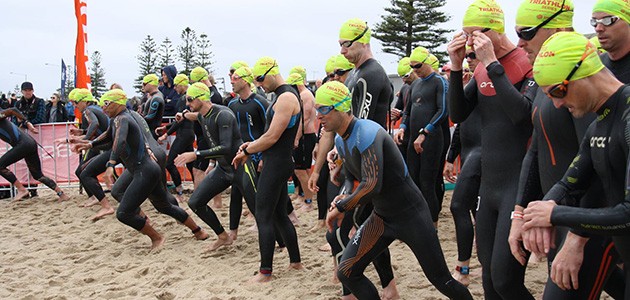
4. Know the Swim Start
The swim is the shortest part of the race, but anyone who dismisses it as less important is kidding themselves. Usain Bolt knows the first 10m is the absolute key to his race – even though you don’t win races at the start, you can lose them there. Know the layout of the swim start and plan your starting position. Get there early, do your warm up, and get your spot. Know your path to the first buoy, and your path after that. A good start will set you up for a great race.
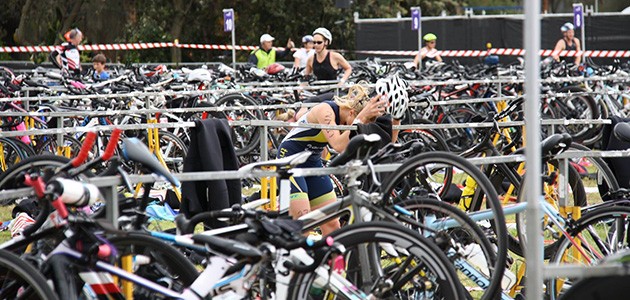
5. The 4th discipline… Transition
Transition is critical to a good race – whether it’s a fast transition, or simply a clean one. Know your spot, set your gear up neatly, and never try to rush through. Make yourself a little checklist about what you have to do (e.g. goggles off, helmet on, sunnies on, bike out) and go through it nice and smoothly. If you do this, you’ll be amazed how fast you are, and how much more in control of your whole day you will feel.
Overall – the running theme here is preparation. Great results don’t just happen – they come on the back of good planning and flawless execution. So use these tips, race smart and achieve your goals.
And finally, always remember – there is always another race. If you have a bad day, it was just that, a bad day. Learn from it, and look forward to the next one, where you will come back a bit more prepared and a little be wiser. We don’t achieve our goals first time every time – but if you keep coming back and getting better – you will always achieve them eventually.
Do you have your own thoughts on race preparation or just some questions about racing smart? If so – please head to our Forum page and join in the conversation.
